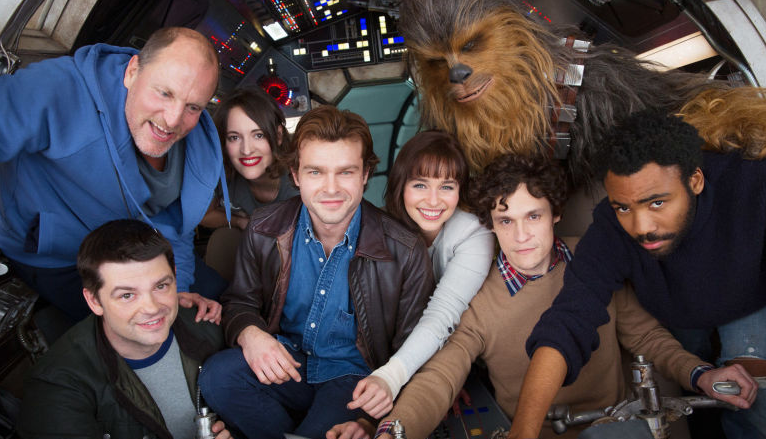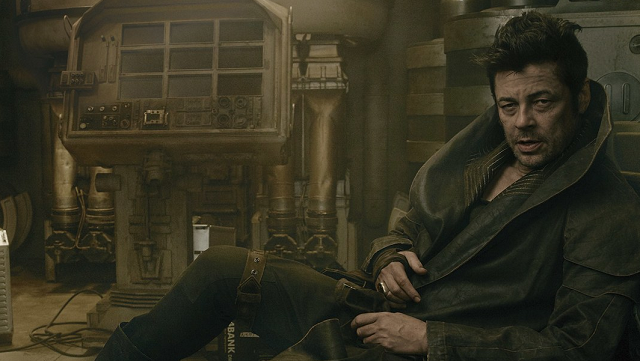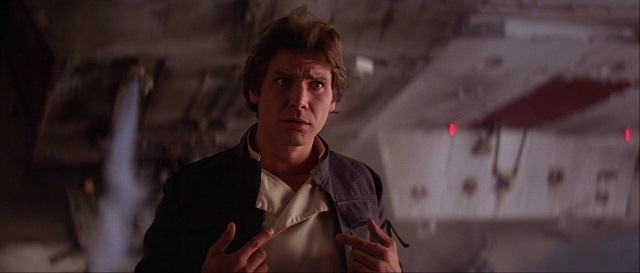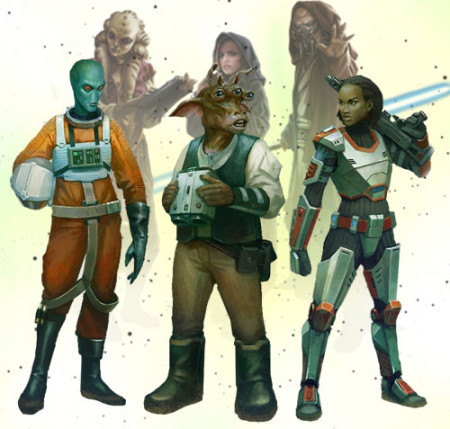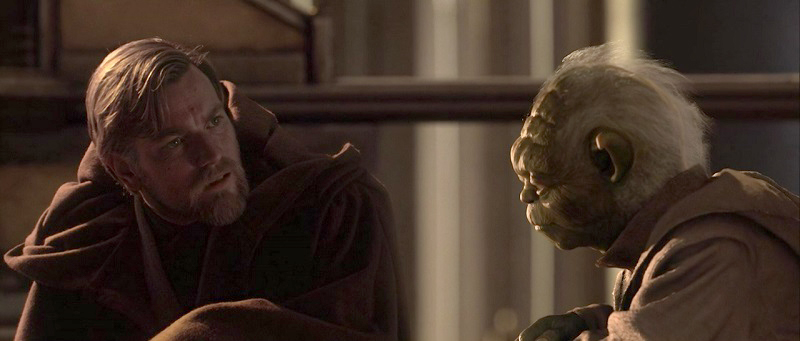
When was the last time you met an adult who had never watched a single Star Wars film? What if you could introduce them to the series, one film at a time, and ask them their thoughts as they went along? That’s exactly the situation I’ve found myself in, as my friend Kelsey just started watching the Star Wars films over the past few months and has become increasingly engrossed. After viewing Episodes I, II, and III, Kelsey agreed to be interviewed to satisfy my curiosity about her experience and reflections on the series so far. After all, most Star Wars fans who started with the prequels did so as children, and it’s a rare pleasure to be able to ask thoughtful questions of an adult fan with almost no prior knowledge of where the series is headed after Anakin’s fall to the dark side. Stay tuned for a follow-up interview with Kelsey in a few months after she finishes the series!
What were your favorite things about the prequels?
I really liked in Episode III all of the complications between Anakin and Padmé (I was able to get over the “weirdness factor” of their age difference!). And I saw there is something good and genuine in how they love each other, but somehow in the midst of all these good intentions, all these horrible things happened. But it wasn’t random or mysterious, it was that Anakin consistently made the wrong decisions; there was a twisting on his part. It wasn’t just a tragic love story—there’s no doubt there were some evil things that happened in Anakin that I think will set up the next couple movies. I’m intrigued about that. There was a lot of gray area: it’s not just black and white that you latch a story onto, the canvas is already gray.
I think there was also just a lot of cool worldbuilding. Especially in the middle of Episode II, I started figuring out how their society and universes generally work. In other words, I knew there was intergalactic diplomacy happening, but I didn’t understand it in [The Phantom Menace]. It wasn’t until [Attack of the Clones] that I felt I understood the universe enough that I felt if I wanted to, I could come up with another planet or species consistent with this galaxy’s rules. Plus as a biology major I enjoyed starting to see new kinds of animals in the second movie. Read More
